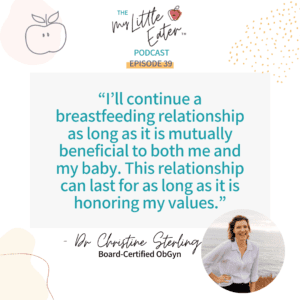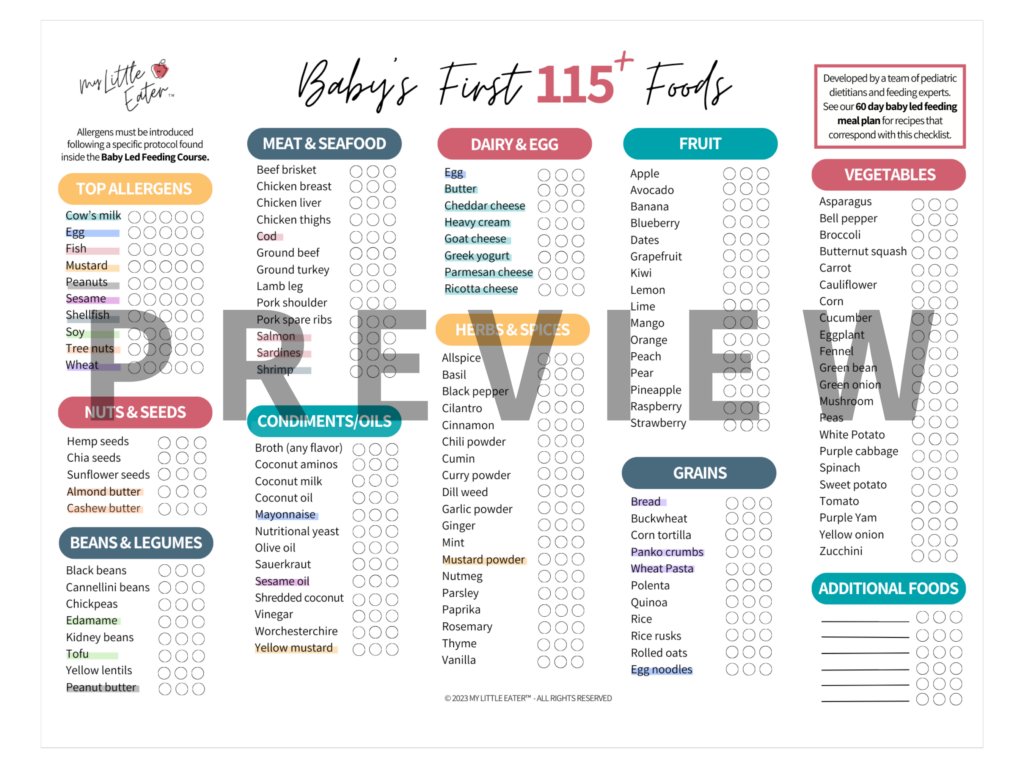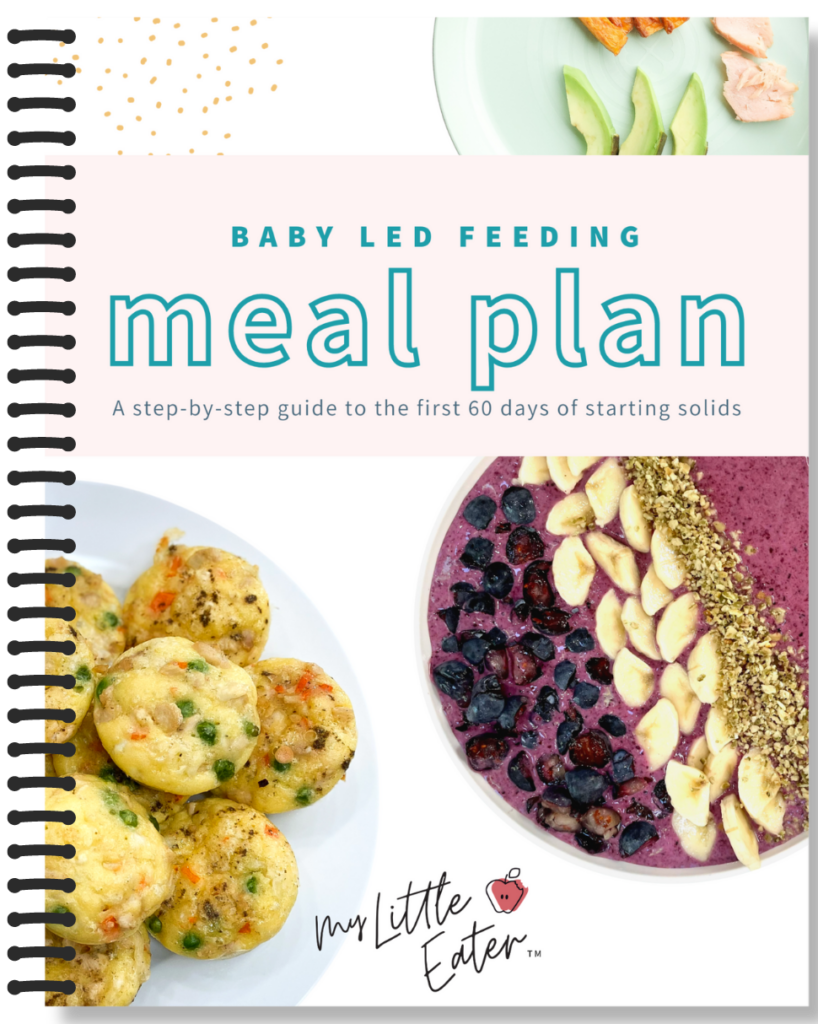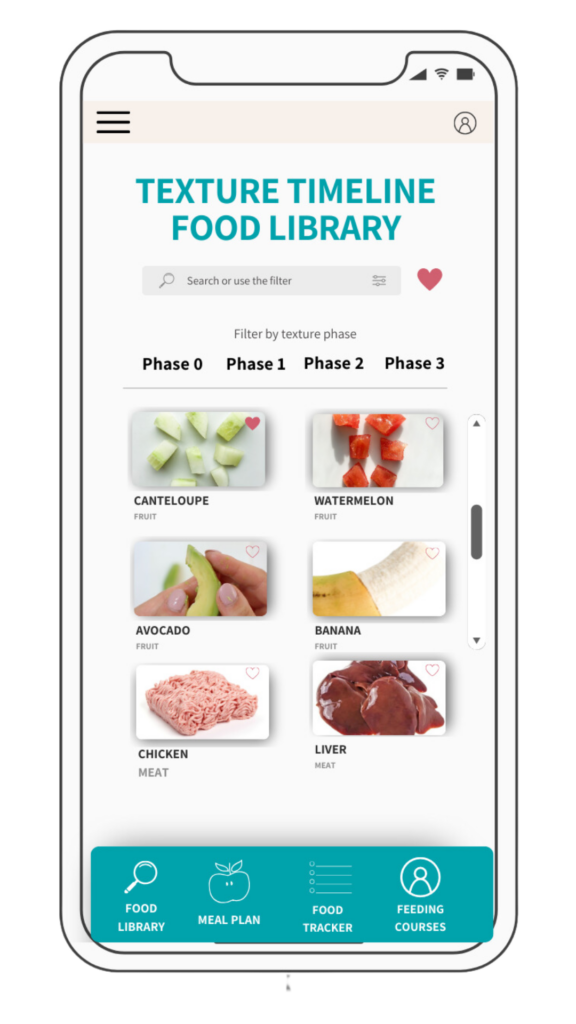![Main image for the article [Mom Shame and How to Eliminate Societal Pressures to be the Perfect Mom]. Pictured is an upset mother resting her face in her hands.](https://mylittleeater.com/wp-content/uploads/2021/04/New-Blog-Post-Image-Size-2-12-300x300.png)
Today, I want to cover a topic that is near and dear to my heart, and one that there needs to be more positive discussion about. As a mom, I’m no stranger to the extreme pressure and high standards that we’re held to, or the fact that we’re expected to be the perfect mom all the time. We’re expected to remain active, feed our kids the best food, get them enrolled in sports, have a perfect family, a clean house, a prestigious job, and make sure that we indulge in enough self care. Oh, and did I mention we have to be PERFECT at it? Being anything less, opens the door for mom shaming, and people love pointing out every little thing that they think you’re doing wrong! All this mom shaming, and mom guilt, is so detrimental, and can be especially hard for moms who are already struggling after having a baby, on top of trying to maintain their own mental health. Your postpartum mental health is so important!
I had the privilege of connecting with Dr. Christine Sterling, who is not only a mom herself, but is a board-certified OB-GYN, on a mission to ensure women get the maternal care and support they deserve – emotionally and medically. Her passion for supporting women to confidently and calmly navigate motherhood, and challenge society’s views of what a perfect mom should look like, is just the kind of support moms need.
Dr. Sterling’s own experience through motherhood had her realizing that all the traits that she thought were so important in becoming a physician – hard working, determined, goal and achievement oriented – actually were kind of hurting her when she started her motherhood journey.
Why?
Because sometimes, no matter how hard we try and work towards these lofty goals to be a “certain type” of mother…motherhood can throw you for a loop. She learned that perfectionism actually meant that she was putting too much pressure on herself. She learned that you can’t just “try harder” and things will all of a sudden go easier. You know, breastfeeding doesn’t necessarily get better because you just try harder! So, Dr. Sterling really developed a passion for helping mothers, specifically for women who have a perfectionist streak, or have that achievement streak, because she gets how really difficult it can be for moms to transition through the challenges of pregnancy, postpartum, and just motherhood in general.
Let’s dive into what I asked her during the podcast episode, and what she had to share.
Addressing the mom guilt around how we feed our babies
Dr. Sterling first caught my attention when she posted an IGTV video on Instagram, responding to the backlash that Chrissy Tiegen got regarding her trying to normalize formula feeding. It spoke SO much to me because I personally experienced a lot of mom shame around my decision to stop breastfeeding my first son at six months of age. Believe it or not, most of that shame came from comments from my doctor!
So, I wanted to know….how can mothers be educated on the benefits of breastfeeding in a way that supports them from a more holistic perspective (rather than just a medical or nutritional perspective)?
Here’s what she had to say about that…
“Well..it’s all about context. Context, context, context.
Is breast milk magical, wonderful stuff? Yes!
Is it the only input into your child’s health and happiness?
No, absolutely not.”
But, sometimes we act like it is. We hear things like “Oh, you didn’t breastfeed. Your child’s going to have asthma.” (or whatever it is that the “research says”). But you know, there are a lot of studies out there that have results that we misinterpret all the time. For example, a study that’s frequently quoted that looked at breastfeeding and IQ. But, they didn’t control for things like mom’s education level. And, the fact was, that the higher the education level, the more likely a mom, or breastfeeding parent, was to breastfeed! So, then we have this idea out there that, “Oh, breast milk makes your babies smarter”. But that’s not true! What’s really happening is probably more highly educated parents have more support, and thus are able to continue breastfeeding.
However, here’s one thing we do have very clear data on. Untreated depression is directly tied to the cognitive development of your children.
So, what that tells us is that shaming a mom who has depression, is not the way to go. Because again…a parent’s wellbeing is directly tied to the cognitive development of their children. So let’s stop acting like breastfeeding is literally just about milk supply. We’re talking about a human being who is in a family with context, with many different inputs – genetic, environmental, nutritional etc. There are so many different inputs, and for whatever reason, it’s as if breast milk is the sole source of health and happiness for our children. That’s just not the case, and we shouldn’t shame moms as a result.
How to set goals around breastfeeding your baby without being too hard on yourself
Dr. Sterling is of the opinion, and I have to agree, that the goal has to change from setting a timeline around the actual number of weeks, or months, you’ll breastfeed for, and instead shift to “I’ll continue a breastfeeding relationship as long as it is mutually beneficial to both me and my baby. This relationship can last for as long as it is honoring my values.”
As Dr. Sterling says, fun and joy with her children is one of her family values. Find out what your values are. Then keep that in mind when making a decision about whether to continue breastfeeding, or what to do with feeding. Always go back to the fact that this should be a mutually beneficial relationship that is in alignment with your family’s values.

And remember…health is a value, and realizing again, that we are socially connected creatures. We are connected to everything. So you can be breastfeeding but maybe it’s not the joyful experience you hoped for. Maybe you’re stressed and anxious and depressed. This affects us on a cellular level! So, if the environment that our children are in, is an environment where someone’s really stressed and anxious, know that your children’s brains really grow to mirror yours in a lot of ways. It’s not necessarily just what we say, or what we feed….but what we do and how we live our lives. We tend to focus on an exact physical nutrient, or an exact method, of how we’re feeding our babies (you know…the tangible stuff that we can control). But, as Dr. Sterling reminded me, “Joy is a nutrient… connection is a nutrient! They’re the intangibles, but that’s what life is made of.”
So, it’s best to back up and say, “What can I do that will bring more calm and joy and presence into my life?”. And oftentimes, that’s not hyper-focusing on one aspect of our child’s development, or one aspect of their nutrition, or anything like that. Let’s stop separating out all these components (breastfed means they’re healthy and not breastfed means they’re not)….and just look at the big picture. What is best for your family? How is this decision affecting your mental health and connection and joy? What can you change so that you can have a calm, joy filled home?
How can moms in the fourth trimester (arguably one of the most sensitive periods of motherhood) best handle criticism from family, friends and outsiders (without falling into a shame spiral)?
If somebody is really making you feel like you’re not a good mom, the middle of the fourth trimester is a really challenging time to have perspective, and to work through these criticisms. You’re sleep deprived, you’re in pain, you’re overwhelmed just trying to figure out those early days as a brand new mom. So sometimes when you’re in the thick of it, you can’t even see the big picture, or work out how you actually feel about these things! Sometimes, you just need space from the people that are bringing that negativity, and that criticism, into your space.
The best thing is to set a very clear boundary. It’s uncomfortable at first, if you’re not used to setting boundaries, but it gets easier. And you don’t even have to explain your boundary! As women, we’re taught that we have to explain anytime we set a boundary and why we set it. But ultimately, it’s your choice.
Here’s what you can try saying:
“I would appreciate it if you did not give me advice unless I asked you. It’s important to me, if I’m going to let you into this space, that you respect that. And if you aren’t able to, that’s okay. I’m going to need some time away and some space.”
And you can explain that those comments or criticisms are not landing very well for you right now (if you want to).
Now, when you’re not in the fourth trimester, and you’re not sleep deprived, you can have a more detailed conversation with them. Maybe you can really get vulnerable, and you can deal with it in a more comprehensive manner, as opposed to just a hard stop wall.
Dr. Sterling actually created an online course called “Prepared Postpartum” with a licensed marriage and family therapist, for this exact reason. One of the modules walks parents through this, and encourages you to write down your support network. It gives you the opportunity to really think about who are the people that when you come to them with a problem, they’re not trying to one up you, or say things like “Oh, it’s not that bad.” Some people can really sit with you in a painful experience, or difficult experience, and just be there and not try to fix it, not try to minimize it (psst… that’s who you want around!). So, if you have a friend who minimizes your pain every single time you bring something to them, the fourth trimester may be a time to really have a boundary with that person. I know this might feel difficult, but here’s the thing, they don’t even have to know!
Learning how to establish boundaries, starting in pregnancy, is ideal because people WILL cross boundaries, even in pregnancy. The second you have a positive pregnancy test, the whole world has an opinion about what you should and shouldn’t be doing. Suddenly your body is free for comment, and you will get unsolicited advice. People question what you’re eating, if you’re having a coffee… you know how it goes!
Where do the standards of perfection we have for mothers come from?
A huge part comes from the patriarchy! If we think about where we get our ideas about what a good mom is, many of us get them from the books that we read as a child growing up. Or from the television, or the movies…and then of course the mothers in our own lives. So, those are primary inputs for developing this idea of what a woman, and what a mother, “should” be. And if you think about who created those female characters in books, TV, movies, for the most part, they were created by men. And this doesn’t mean men are bad… but they don’t necessarily live a female experience, so of course it’s inaccurate!
A lot of those traditional mother characters have always been very two-dimensional. We have good moms, and we have bad moms, and we don’t really have a lot in between. And so, those who identify as female, have also been often told that we can’t necessarily trust ourselves. We can’t trust ourselves with finances. We can’t trust ourselves with big decisions. And we can’t trust ourselves to measure our own success internally. We have learned to look externally for this measure of, am I a good mom or not? How am I measuring up to this externally provided idea of a good mom that is a two dimensional character, that was mostly developed by men, so we don’t get any of the nuance of her experience?
If we grew up seeing the story of women presented in a way that was three-dimensional, and it had texture, and you understood that women were more than a romantic interest, or more than just a good mom or a bad mom, but a person with a backstory, like male characters have always been given…it would be much different! Then we might not have this idea of “Oh, a good mom is perfect in all of these ways”.
Dr. Sterling then goes on to describe how the revolution is, for us as mothers, to say, “Okay, I cannot trust this external vision of the good mom, because it has been provided to me by the patriarchy as a two-dimensional character that has never existed in time.”
Instead, Dr. Sterling suggests that we create our own measuring sticks! Sit down with a pen and paper and say “What are my unique strengths as an individual?” PS…your unique strengths as an individual, are also your unique strengths as a mom. They are one in the same. We are all very imperfect in many areas of motherhood. For example, Dr. Sterling shares that she is terrible at feeding her children! Her husband makes them these wonderful, nutritious meals. He’s on top of making sure they’re trying new foods. But, if it’s just her at home, her three-year-old at 3:00 PM will be like, “I’m hungry!”. And Dr. Sterling is like: “Oh yeah, shoot!”
Now, she could think “Oh my gosh, I’m a terrible mom.” But she doesn’t. Because that’s not her strength! It just isn’t. She has a lot of other gifts to give her daughter, and so she doesn’t beat herself up about not being perfect in this area. It’s just not her.
So, when you start defining what being a good mom is for yourself, only measuring yourself up against your own measuring stick, and ignoring this false idea of the “good mom” from an external standard, that’s when we all win.
How to deal with triggering posts and images online that have us in “comparison mode” all the time
Dr. Sterling is very refreshing in her response, which is: “There’s a beautiful thing called an unfollow button! If you’re coming across content that makes you feel less than, you don’t have to expose yourself to that. But, the other thing that I always come back to is, humans are humans are humans are humans. There are not these mystical humans. They don’t exist. These mystical humans that show their children always in a perfect bow, and perfect clothes, and their house is always… just perfect. That life doesn’t exist.”
So, when Dr. Sterling sees those perfectly curated photos, she just zooms out and thinks… “That looks like hard work!” Instead of seeing a perfect photo and saying “Oh, I wish I had that life”, try saying “Thank God I’m not taking [those photos]. That looks stressful.”
We have this idea that other people have more hours in the day, or have it easier. And certainly some people have more help than others. They’re more economically advantaged. And that can make life a lot easier. But humans are humans. People are still having difficult days. They’re losing their minds on their kids once in a while. We’re all just human.
I’m so grateful to Dr. Sterling for being a guest on the podcast and sharing this info with all of us. This is something that has been weighing on me for quite some time, and I’m glad to have this perspective. Here’s what I want you all to remember as part of the My Little Eater™ family. We are here for you, we support you, and we will always keep things real here. I don’t serve my kids perfectly healthy, beautifully presented, homemade foods every single day. And I don’t have any expectation that you will either. I’m here to provide you with knowledge and education, and you get to choose what you do with that information and how it fits within your family values – free from shame!





